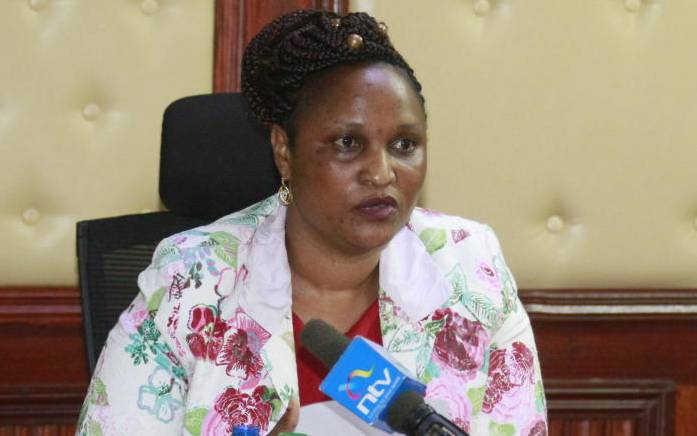×
The Standard e-Paper
Stay Informed, Even Offline

Acting Registrar of Political Parties Anne Nderitu when she appeared before the National Assembly Justice and Legal Affairs Committee on budget at Parliament on Thursday 21/02/19. [Boniface Okendo,Standard]
Over 30 new political parties have been formed, pointing to the behind-the-scenes intrigues in the lead up to the 2022 General Election.